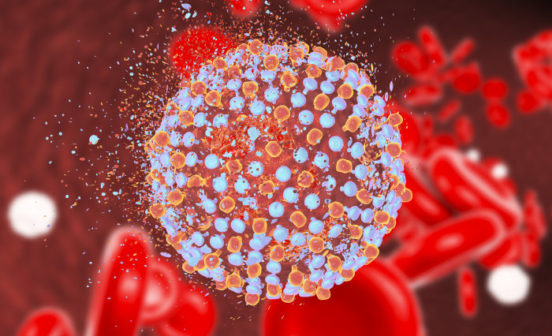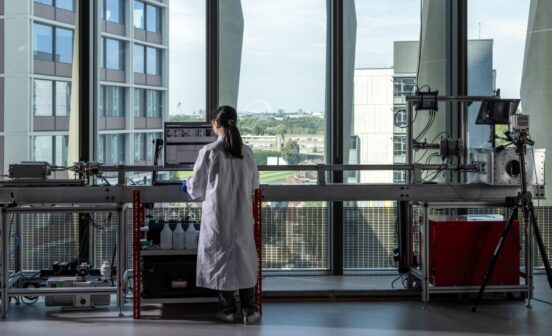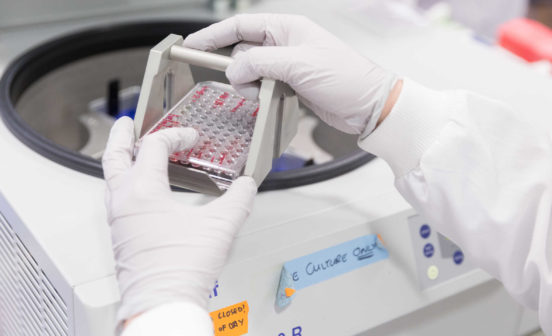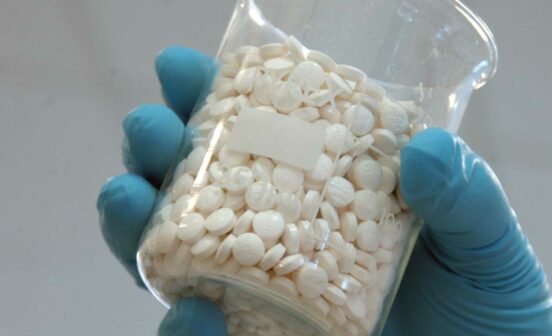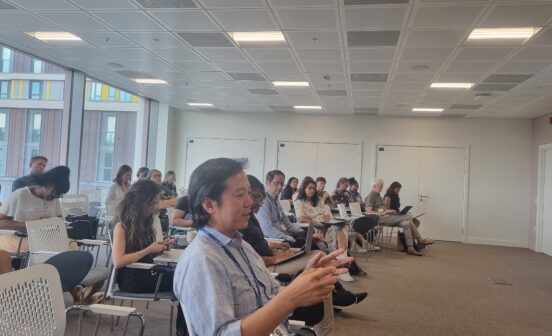Award Award to investigate immune signalling in pregnancy
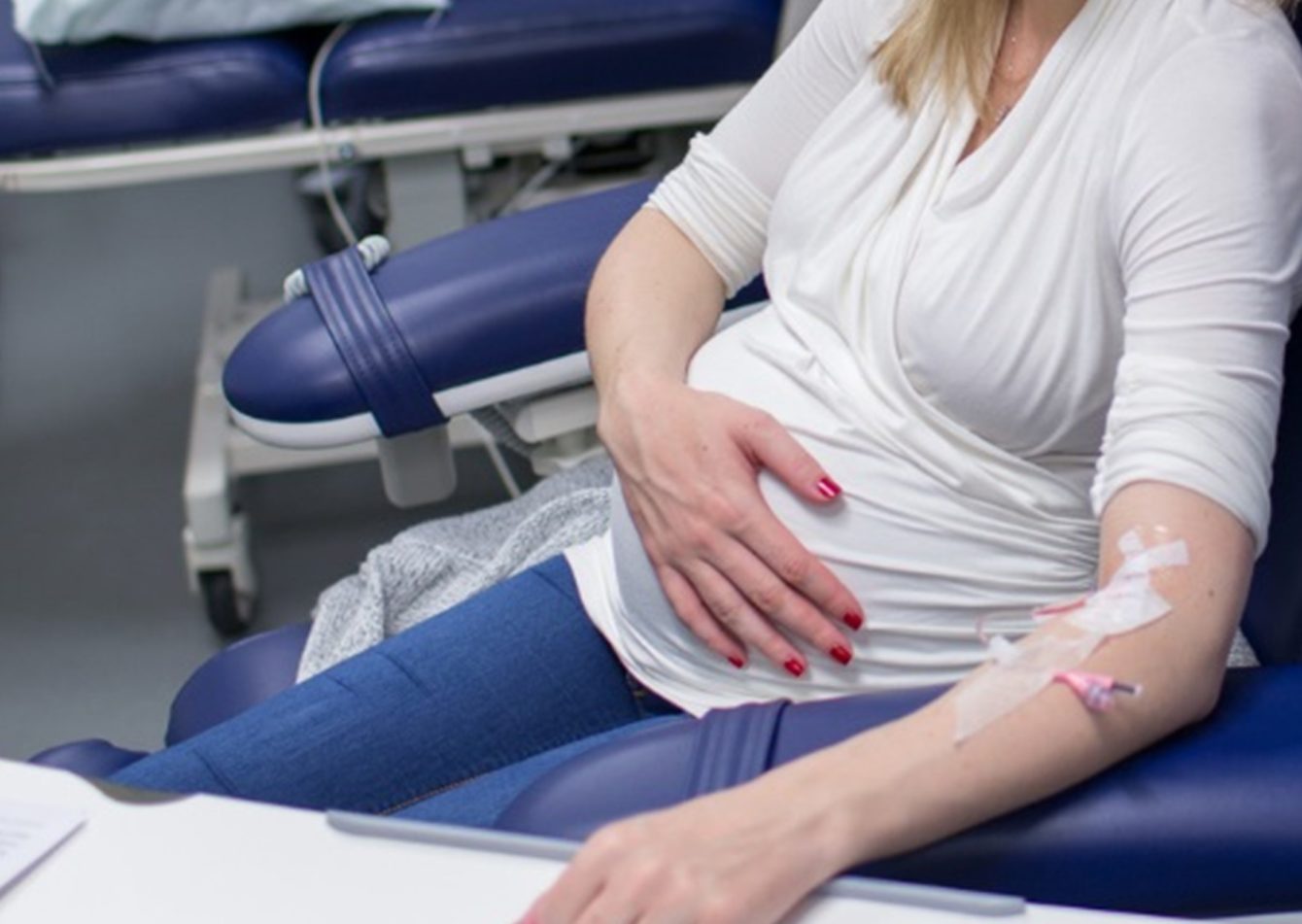
The National Institute of Child Health and Human Development (NICHD) has awarded $1.5m to Dr Beth Holder (Research Associate in Imperial College’s Division of Infectious Diseases) to investigate communication between the mother’s immune system and the placenta during pregnancy. In pregnancy, the placenta has a crucial role in supporting the growth and development of a healthy baby. Communication between the mother’s immune system and the placenta is required in order to prevent harm to the baby. Dr Holder’s new study will investigate the role of extracellular vesicles in mediating this communication.
Extracellular vesicles are tiny parcels released from cells into the bloodstream which contain many proteins and molecules from their cell of origin and, when taken up by other cells can impact their function. For example, in response to infection, immune cells can release extracellular vesicles that are taken up by other immune cells, which then respond by releasing molecules capable of fighting infection.
It has been previously been established that during development, cells from the placenta release extracellular vesicles into the mother’s bloodstream resulting in responses by the mother’s immune cells. However recent studies by Dr Holder and colleagues, as part of the MatImms project funded by the NIHR Imperial BRC, have demonstrated a previously unknown trafficking of extracellular vesicles from the mother’s immune cells to the placenta, with the capacity to modify its function. In this new study, Dr Holder’s team will investigate the nature of this interaction using placental and blood samples donated from patients at Imperial College Healthcare NHS Trust. The project also involves co-investigators from the Institute of Reproductive and Developmental Biology at Imperial, the London School of Hygiene and Tropical Medicine and Yale University School of Medicine, and collaborators from the Universities of Manchester and Leeds.
Dr Holder believes that unravelling this novel mechanism of interaction could be key to understanding placental responses to maternal inflammation and infection, and aid the future development of interventions for pregnancy complications such as pre-eclampsia.

